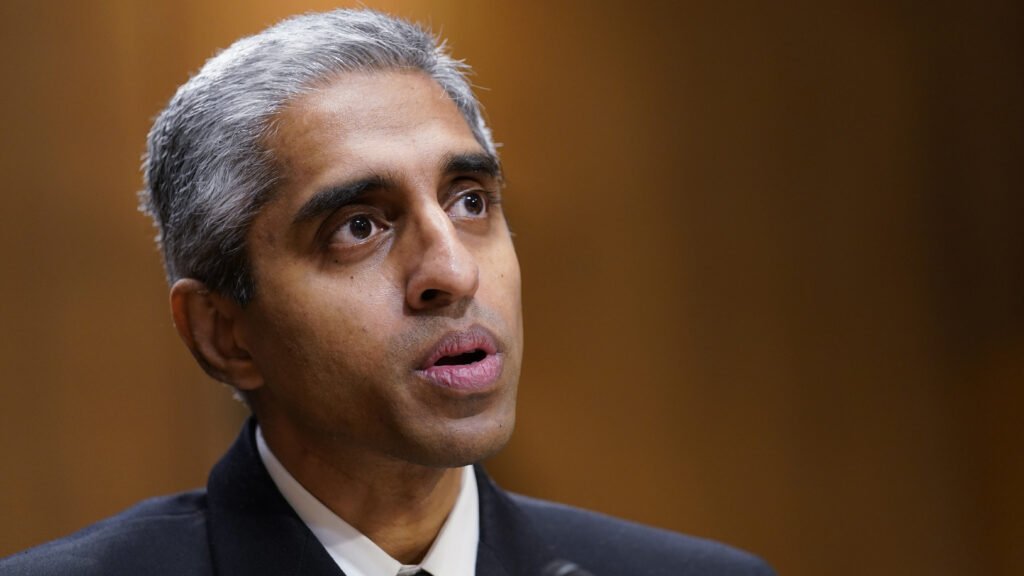The U.S. surgeon general, Vivek Murthy, has recently issued a call for alcoholic beverages to carry warning labels highlighting their connection to cancer. This recommendation, outlined in a new report released by Murthy, emphasizes that alcohol consumption is the third leading preventable cause of cancer in the United States. The report identifies at least seven types of cancer that are linked to alcohol consumption, including colorectal, liver, throat, and breast cancer in women.
The push for warning labels on alcoholic beverages mirrors the increasing body of research that suggests even limited alcohol consumption can significantly increase the risk of developing cancer, without providing any discernible health benefits. Despite public health organizations advocating for greater awareness of these risks, the alcohol industry and some scientific panels have pushed back, citing conflicting views on the potential health benefits of moderate drinking.
A recent report from the National Academies of Sciences, Engineering, and Medicine found that while moderate alcohol consumption may be associated with lower overall mortality rates and reduced risk of heart attacks and strokes, it also linked moderate drinking to an increased risk of breast cancer. This report, along with forthcoming guidelines from the Department of Health and Human Services, will inform future recommendations on alcohol consumption.
In response to these findings, Surgeon General Murthy took to social media to emphasize the correlation between alcohol consumption and cancer risk. He highlighted that consuming any type of alcohol, whether beer, wine, or spirits, can elevate the chances of developing cancer. Murthy’s report estimates that alcohol contributes to 100,000 cancer cases and 20,000 cancer-related deaths annually.
Murthy’s recommendations include updating current warning labels on alcoholic beverages to explicitly state the increased risk of cancer associated with alcohol consumption. As he nears the end of his tenure and the incoming administration prepares to take office, Murthy also called for enhanced education efforts to raise awareness about the cancer risks posed by alcohol, even in moderate amounts.
As individuals weigh their choices regarding alcohol consumption, Murthy advises exercising caution and moderation, noting that reducing alcohol intake can lower the risk of cancer. By promoting greater awareness of the cancer risks linked to alcohol, Murthy aims to empower individuals to make informed decisions about their drinking habits and prioritize their health.


